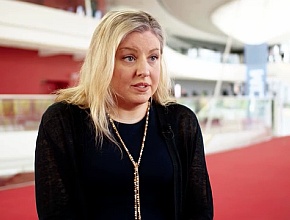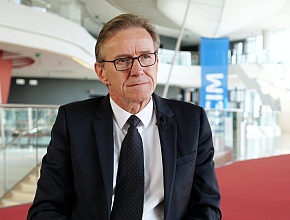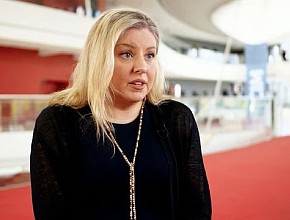Dr Jürgen Floege is a professor of medicine and director of the Division of Nephrology and Clinical Immunology at the University Hospital RWTH Aachen (Germany), Distinguished Fellow of the European Renal Association (ERA-EDTA), and member of the International Society of Nephrology.
When should we start dialysis in a patient with acute kidney injury (AKI)?
Jürgen Floege, MD, PhD: There are certain very clear indications. When you have massive hyperkalemia, intractable acidosis, volume overload that you can no longer remove with diuretics, anuria, or oliguria, then you will need dialysis.
The much trickier question is, “Do you need dialysis based on a certain estimated glomerular filtration rate (GFR), on a certain urea value?” And that question is largely unresolved. Studies testing whether we should initiate dialysis early or late in AKI have given inconsistent results. And I think the consensus now is not to wait until the very last minute but not to start at, let us say, a GFR of 15, somewhere in between. But then, it is a highly individual discussion when to start it in a specific patient.
 English
English
 Español
Español
 українська
українська









